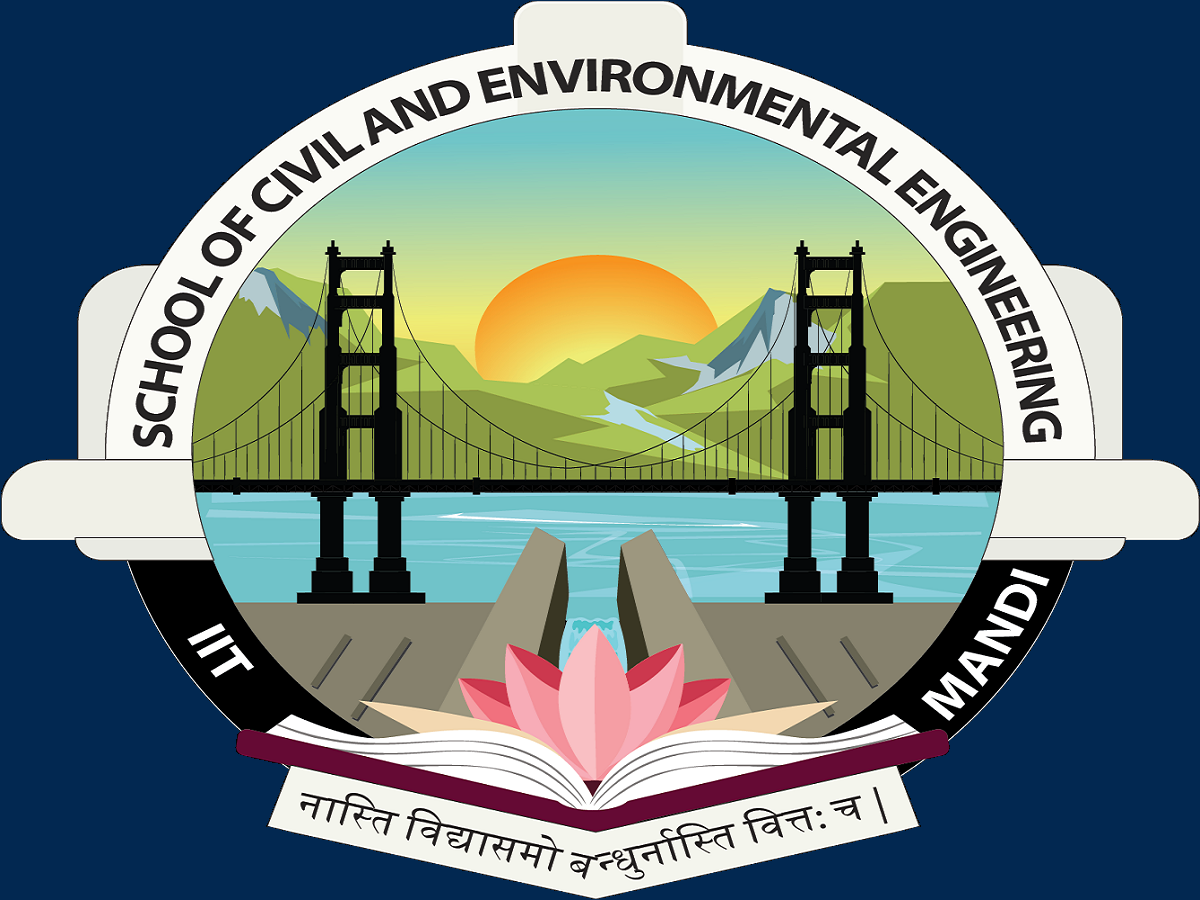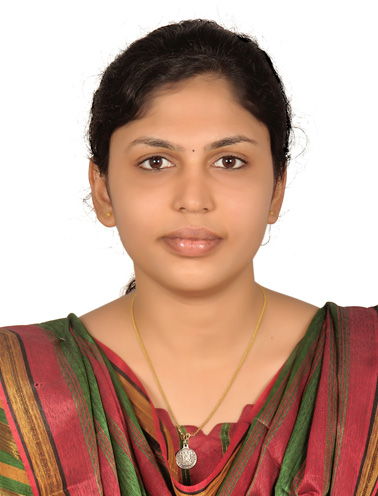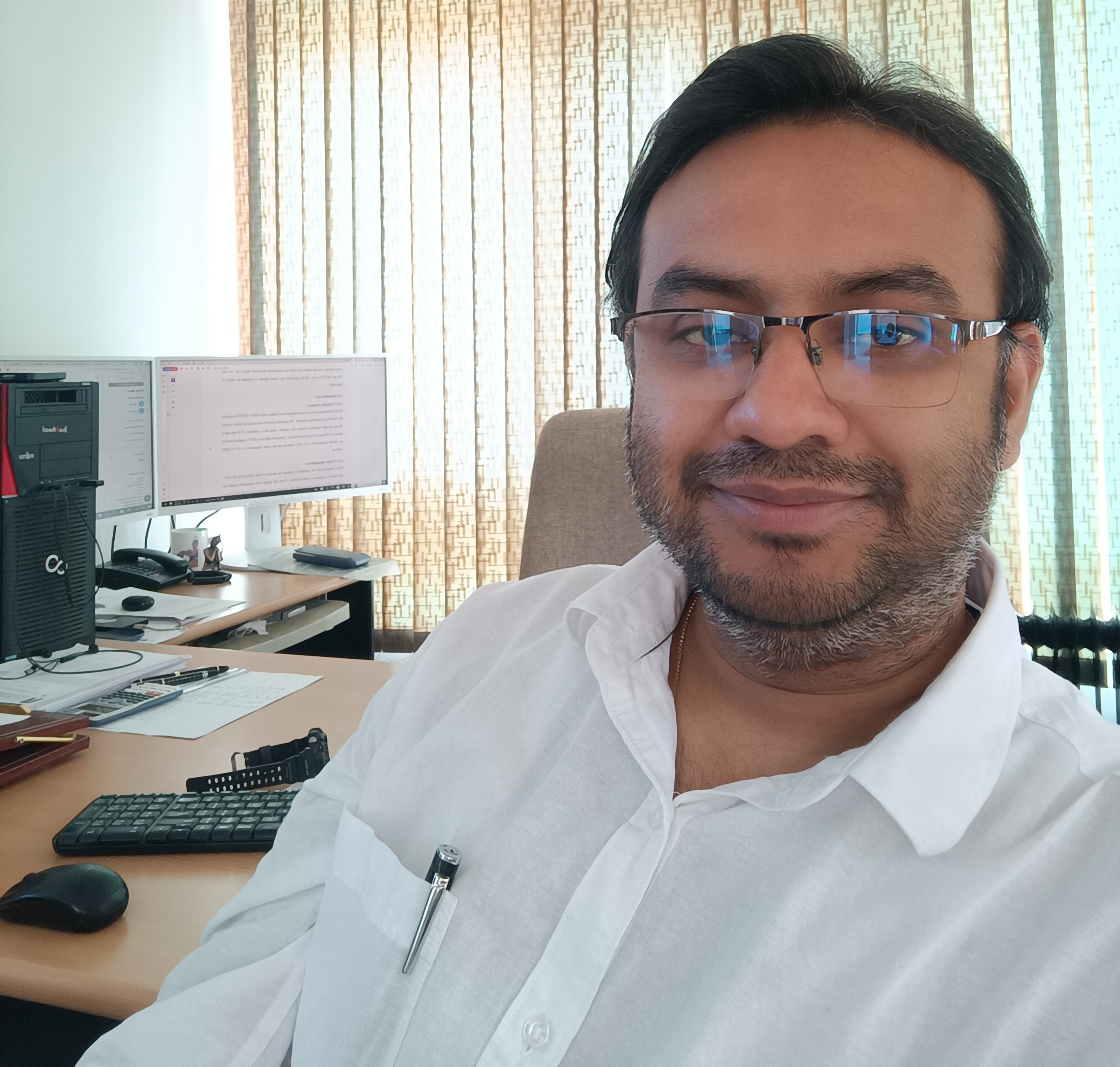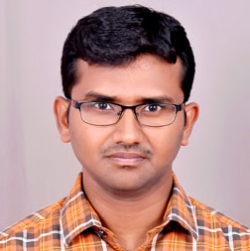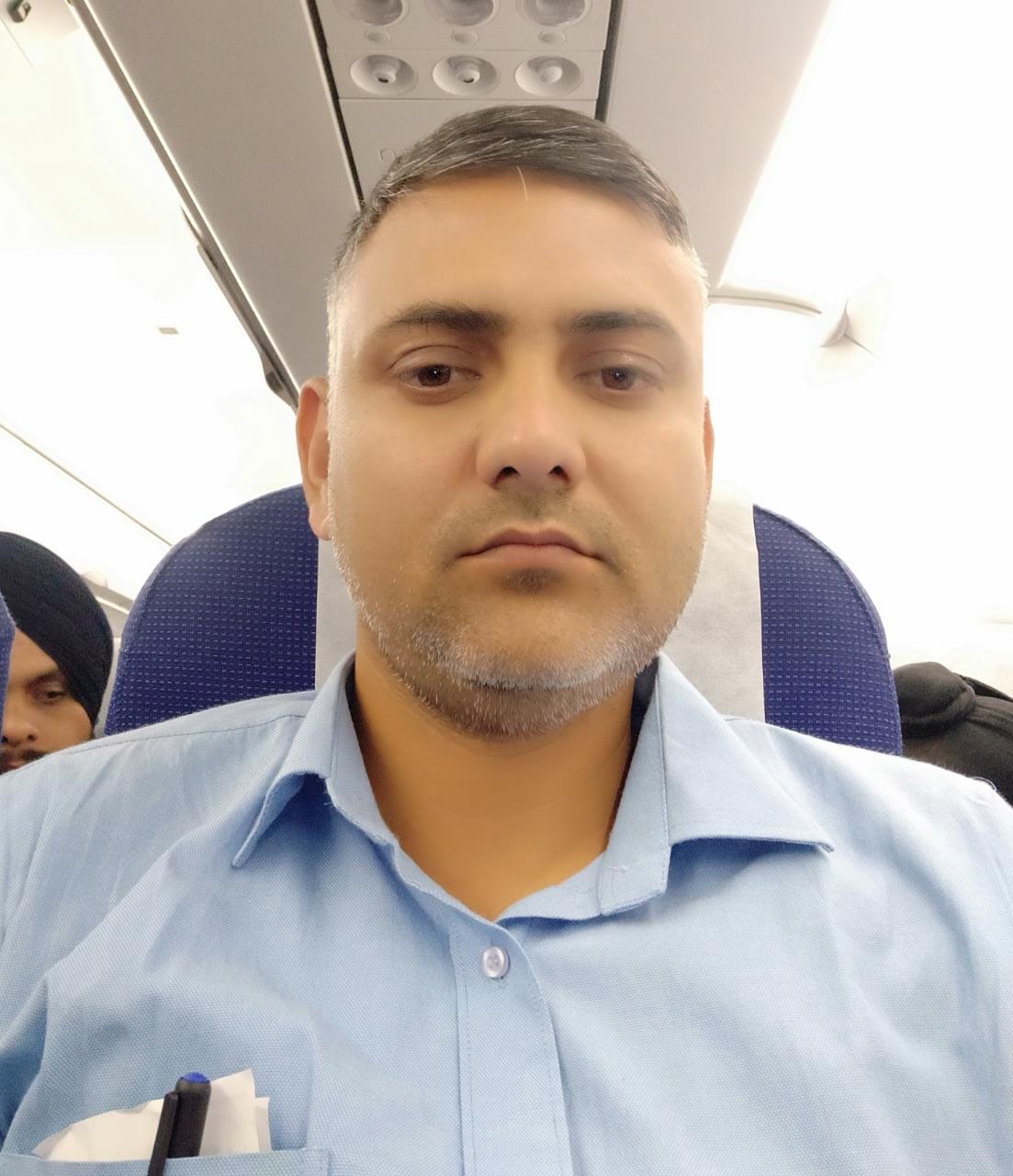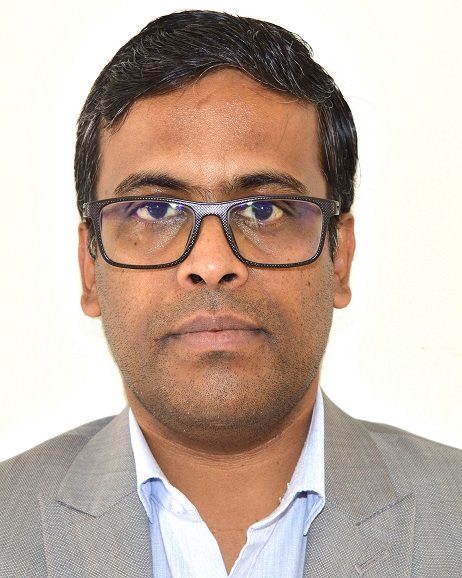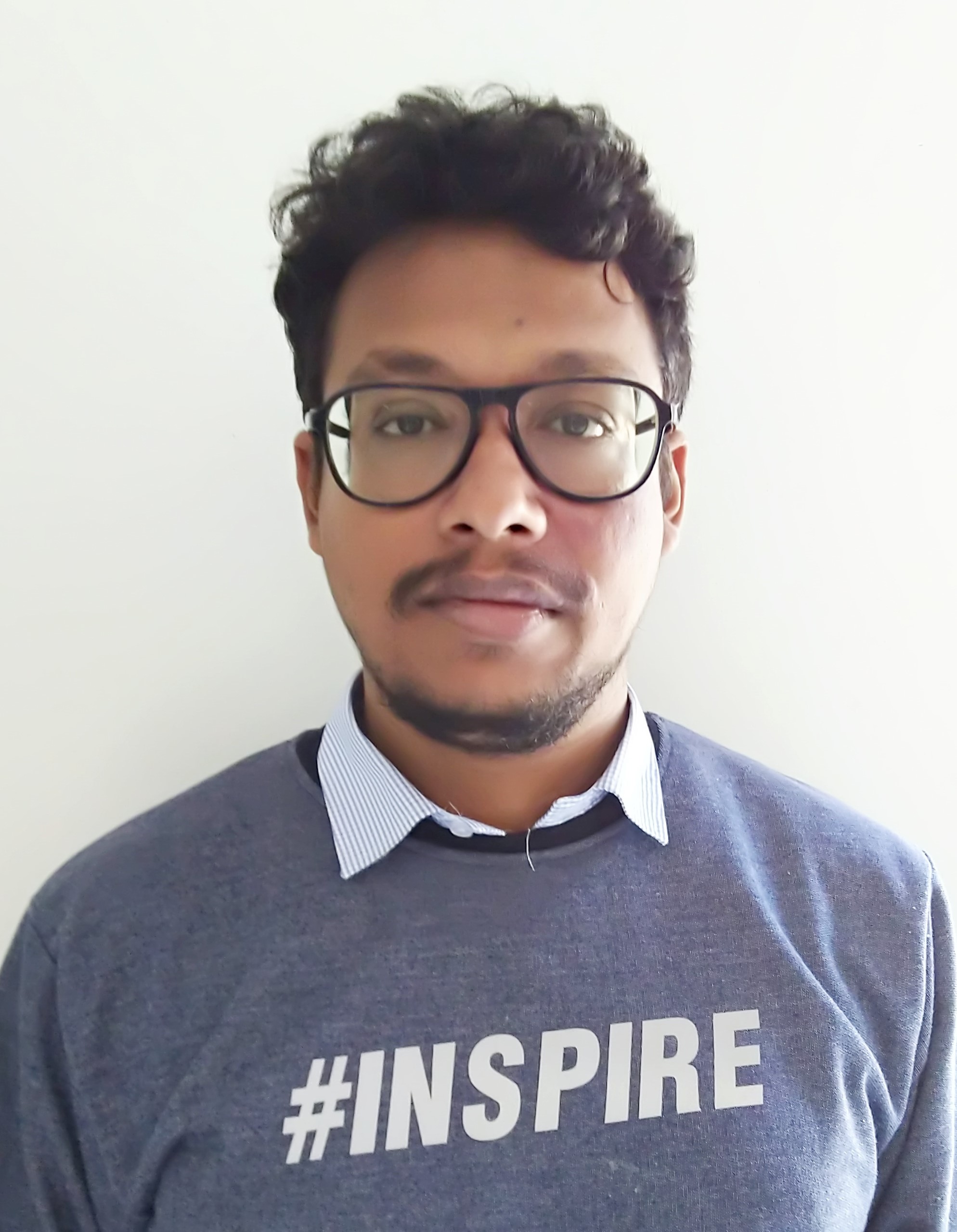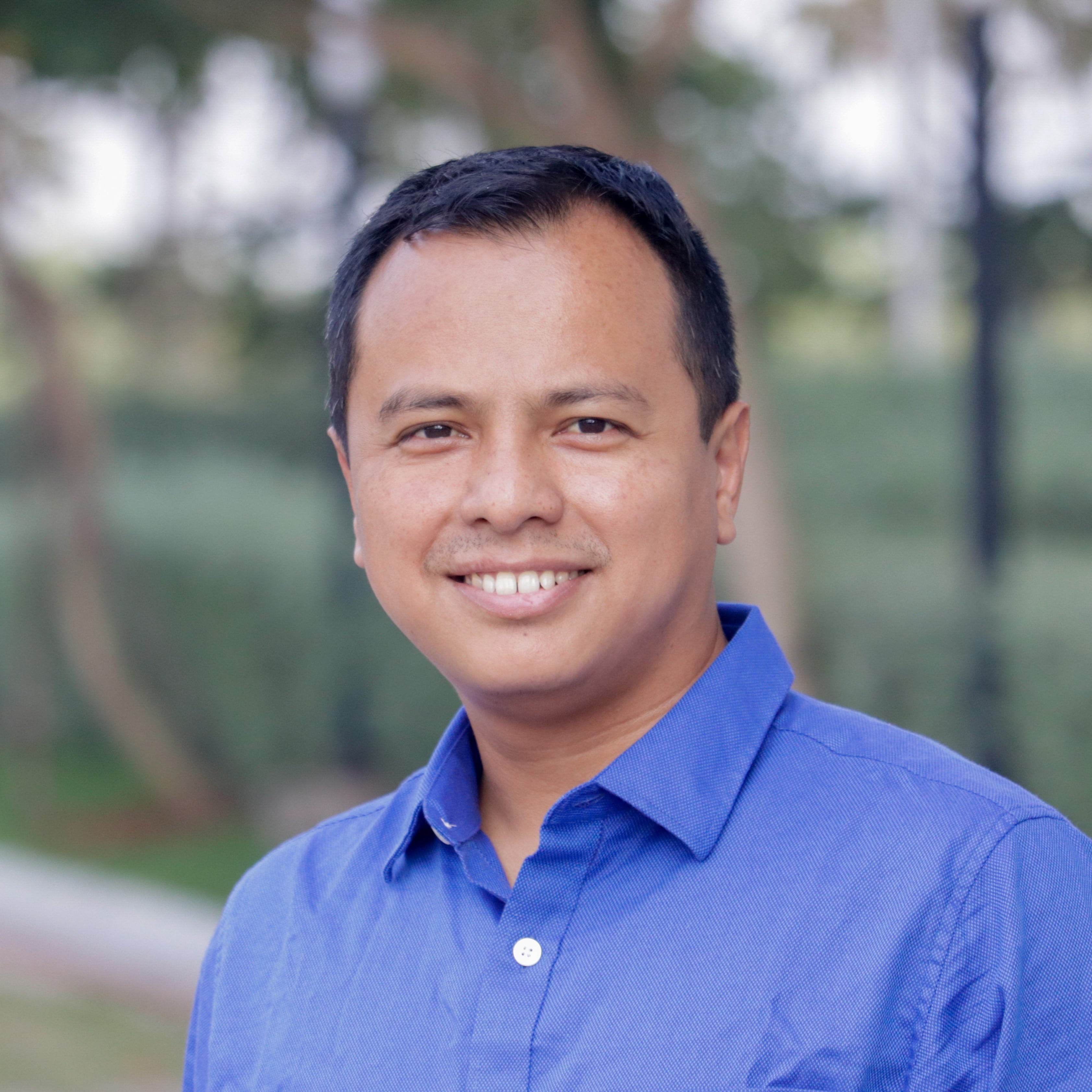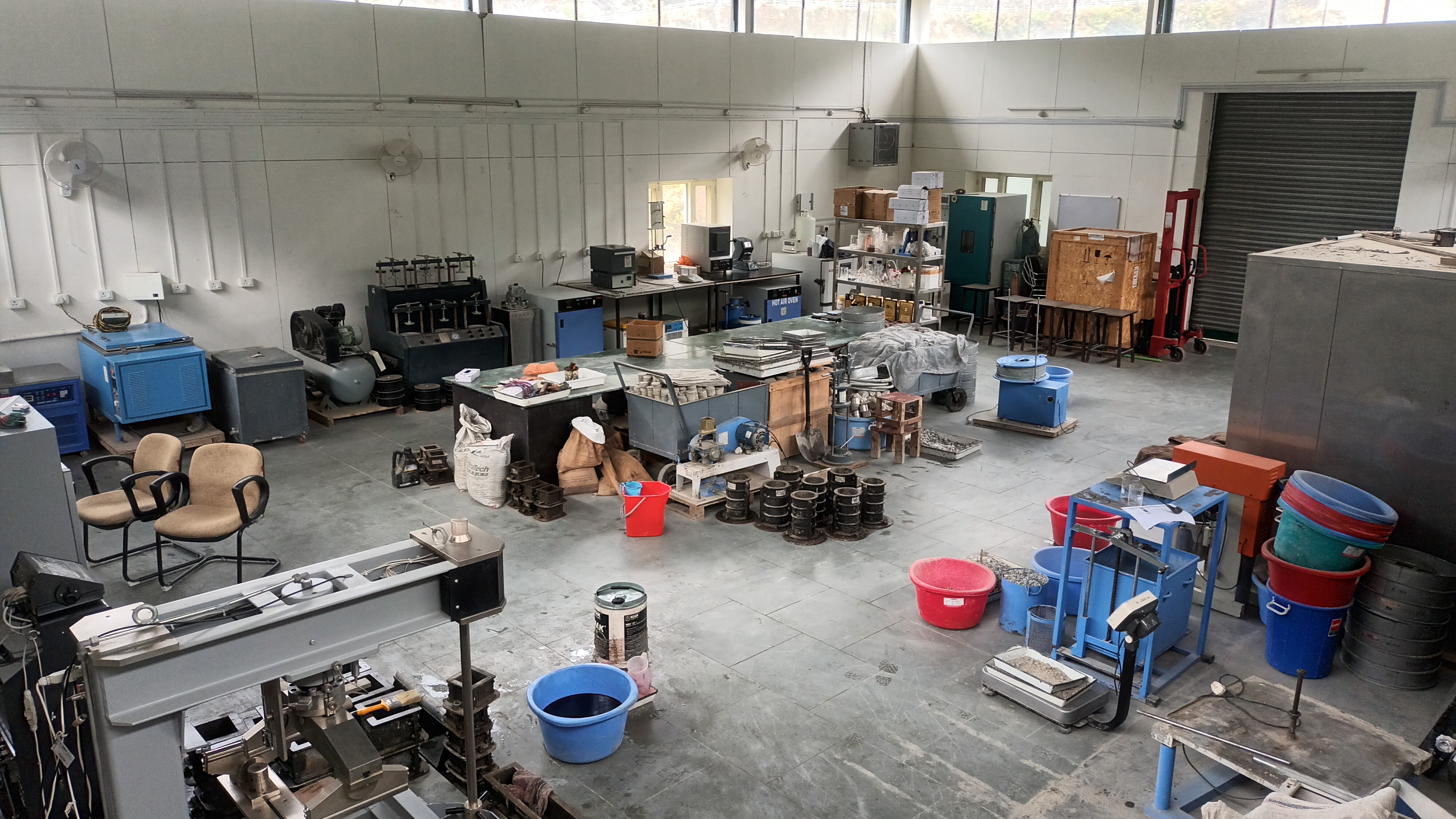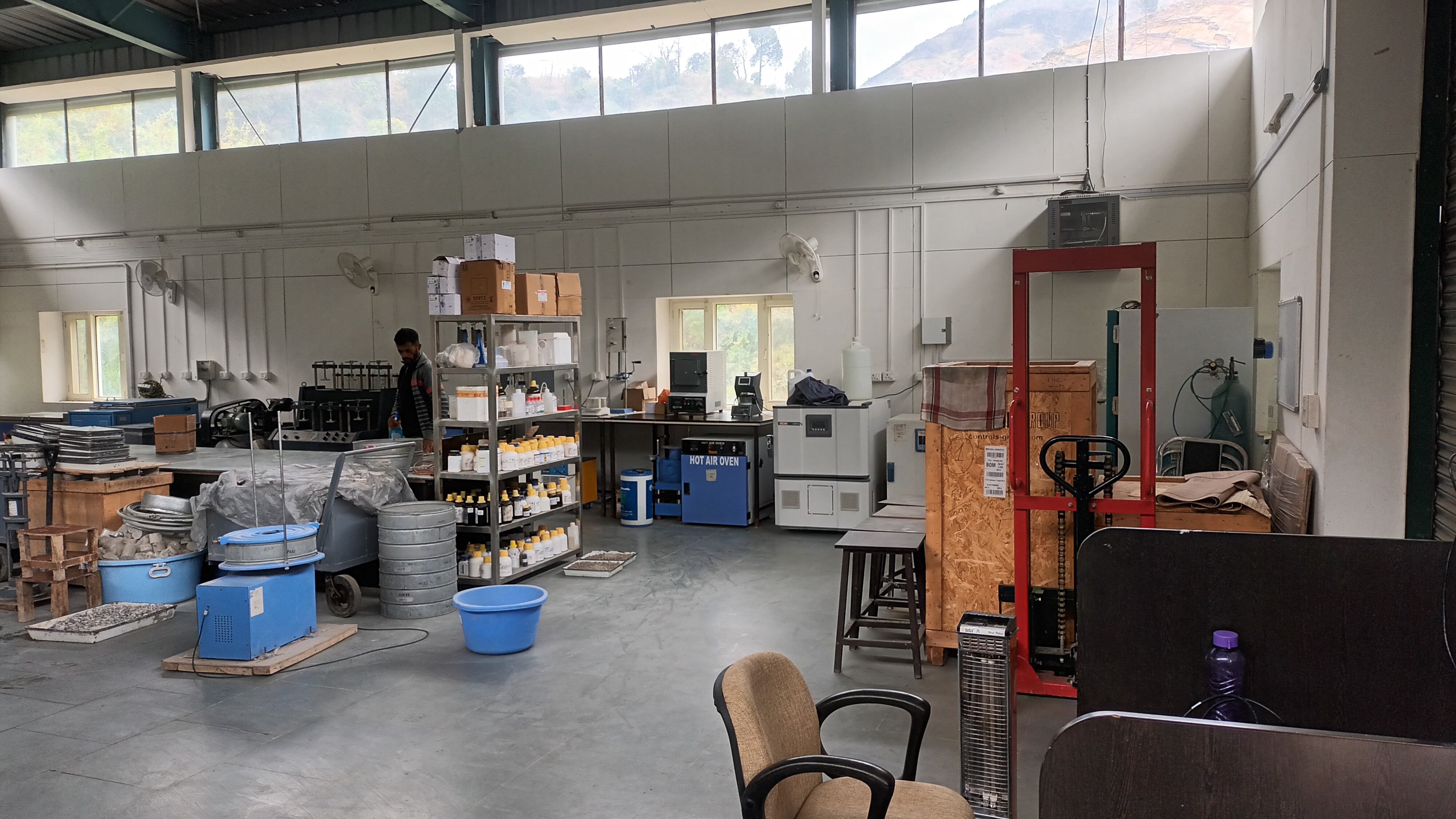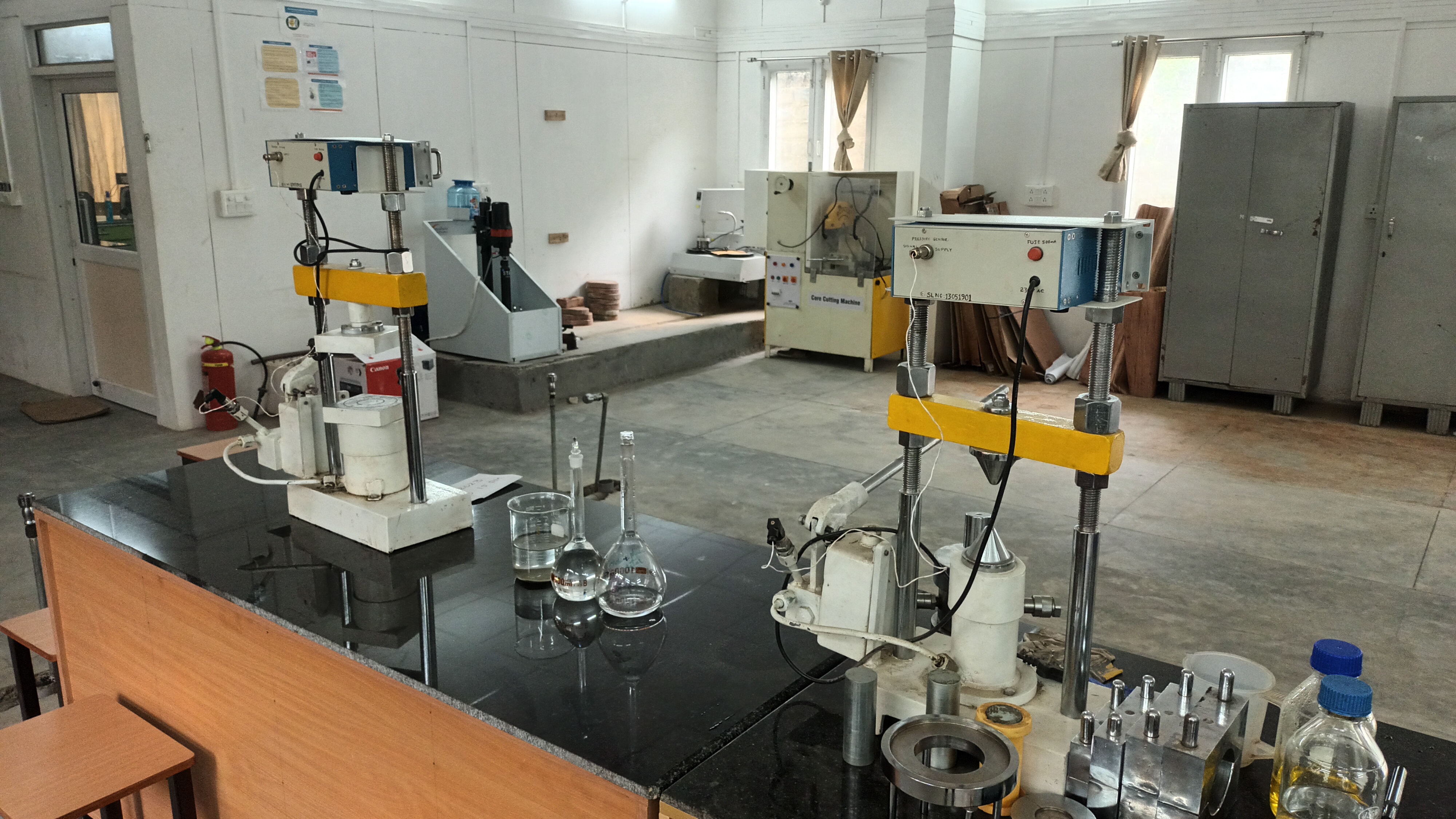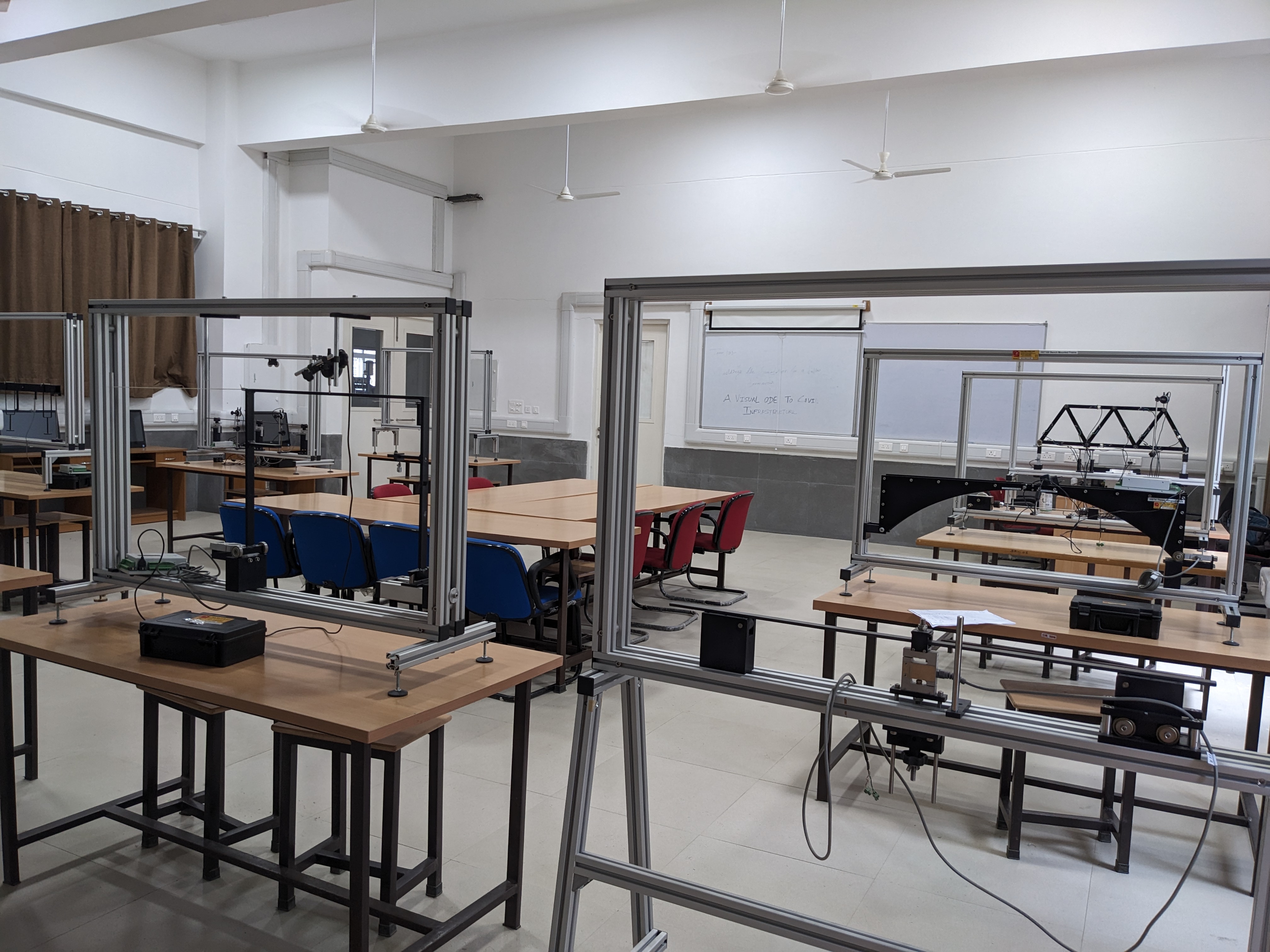Structural Engineering

About
The department of Structural Engineering in IIT Mandi aims to provide students with a comprehensive understanding of the principles and practices of civil engineering, with a particular focus on structural design, analysis, and construction. Structural Engineering is a specialized branch which focuses on the design, analysis, and construction of safe and stable structures to support loads and resist external forces. This department is responsible for creating buildings, bridges, towers, dams, and other infrastructure that can withstand the forces acting upon them and ensure the safety of the people using these structures.
Key aspects:
- Design and Analysis of Structures: Mathematical and scientific principles to design structures that can withstand the loads they will experience during their lifetime. To analyze the effects of various forces, such as gravity, wind, seismic activity, and temperature, on the structure to ensure its stability and safety.
- Materials Selection: Selection of appropriate materials, such as concrete, steel, wood, or composite materials, based on their strength, durability, and other properties. The choice of materials affects the structure's performance and lifespan.
- Building Codes and Regulations: Adhere to building codes and regulations set by local authorities and international standards. These codes ensure that structures are designed and constructed to meet safety requirements and withstand potential hazards.
- Construction Supervision: During the construction phase, structural engineers may provide oversight and supervision to ensure that the design is implemented correctly. They address any unexpected issues that may arise during construction and make necessary adjustments.
- Seismic Engineering: In regions prone to earthquakes, structural engineers specialize in seismic engineering. They design structures to resist seismic forces and minimize damage during earthquakes.
- Bridge Engineering: Subset of structural engineering that focuses on the design and analysis of bridges. By considering factors such as traffic loads, dynamic forces, and environmental conditions unique to bridges.
- Sustainable Design: Emphasize sustainable and eco-friendly design practices. It aims to reduce the environmental impact of structures by using sustainable materials and energy-efficient designs.
- Innovative Technologies: Structural engineering continually evolves with advancements in technology. Engineers explore new materials, construction techniques, and technologies to create safer, more efficient, and sustainable structures.
Research
Research in structural engineering deals with the design, analysis, and behavior of various structures such as buildings, bridges, and towers. The major research areas on which the department works includes the following:
- Bridge Engineering
- Earthquake Engineering,
- Probabilistic seismic risk and vulnerability assessment of aging and deteriorated civil engineering structures
- Life-cycle analysis of civil engineering structures
- Use of advanced machine learning algorithms for multi-dimensional fragility models
- Uncertainty quantification in structural reliability problems
- Nonlinear modeling and analysis of structures
- Risk and Reliability Assessment of Infrastructure Systems
- Application of Structural Dynamics and Uncertainty analysis in solving the problems related to Extreme loads (Blast, Impact, Earthquake, Storms, etc.)
- Seismic Vibration Control
- Multi-hazard analysis and design of structure
- Masonry structures
- Retrofitting of structures
- Heritage structures
- Modern masonry
- Earthquake Resistant Design of structures
- Seismic Vulnerability Assessment of Structures
- Concrete Technology: Durability, Modelling of moisture transport, Sustainability
- Earthquake induced landslide multi hazard analysis
- Mechanics of Composite materials,
- Design of nontraditional structures,
- Fracture and failure of mater
- Stochastic System Identification (SSI),
- Structural Health Monitoring (SHM),
- Digital Signal Processing (DSP),
- Inverse problems, Kalman filtering, Bayesian Updating
